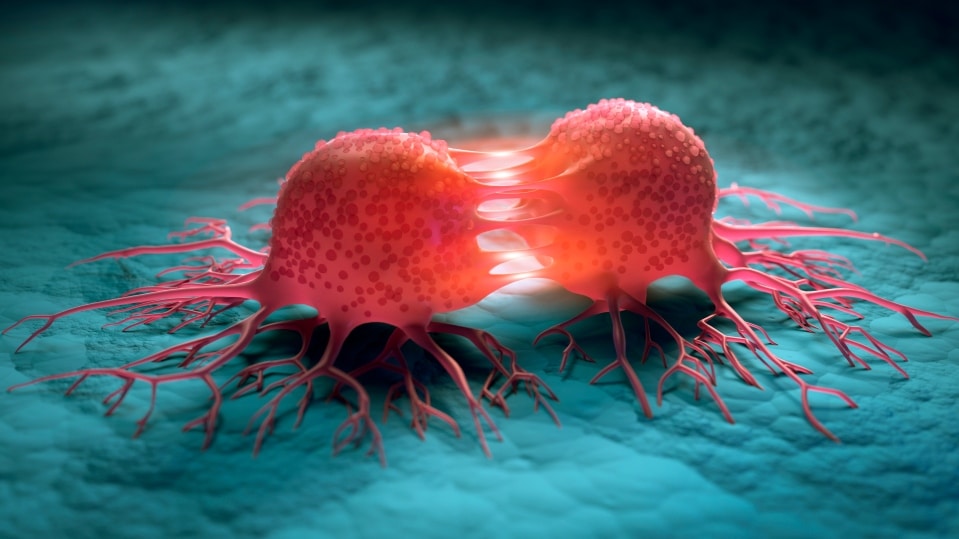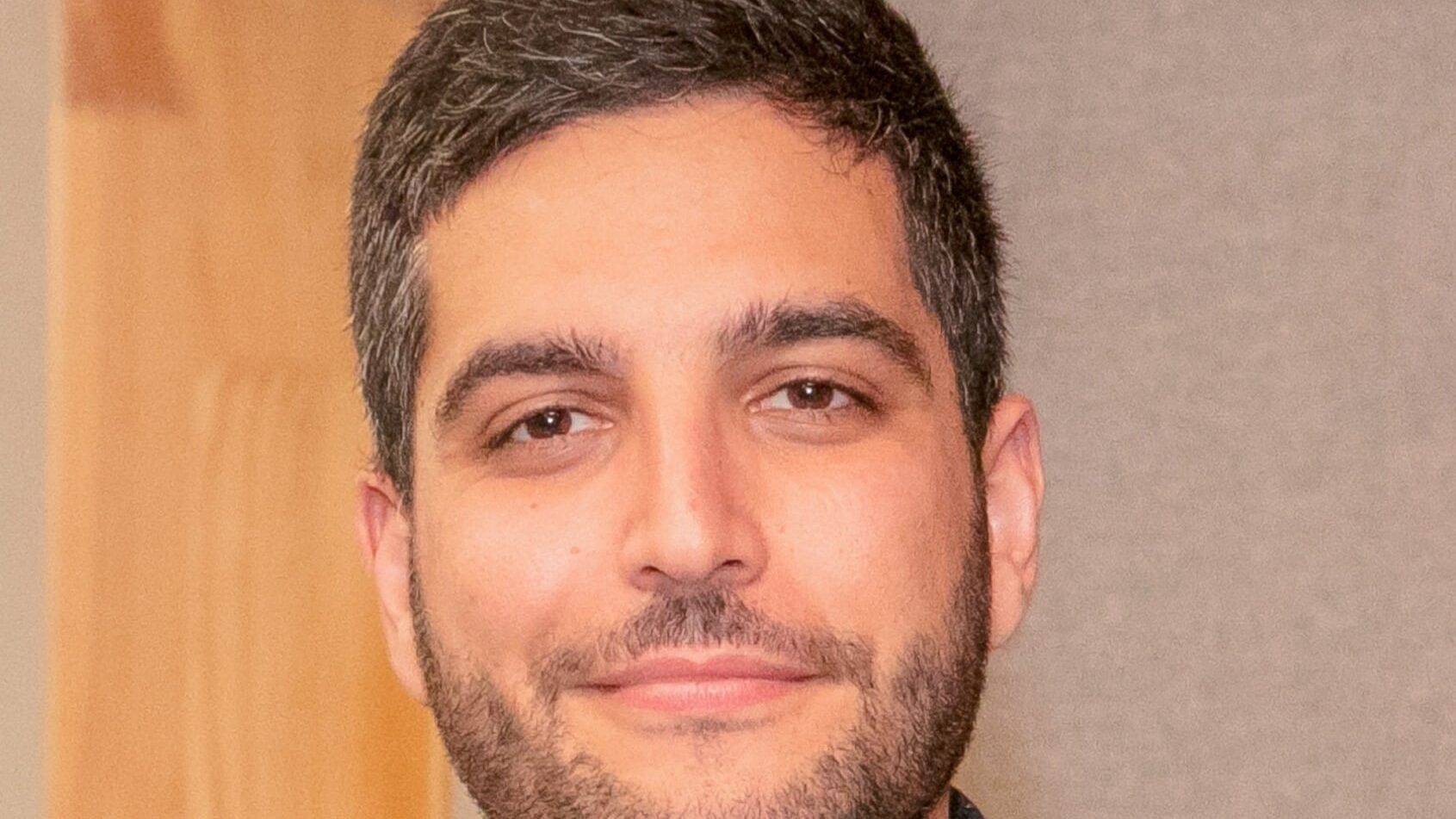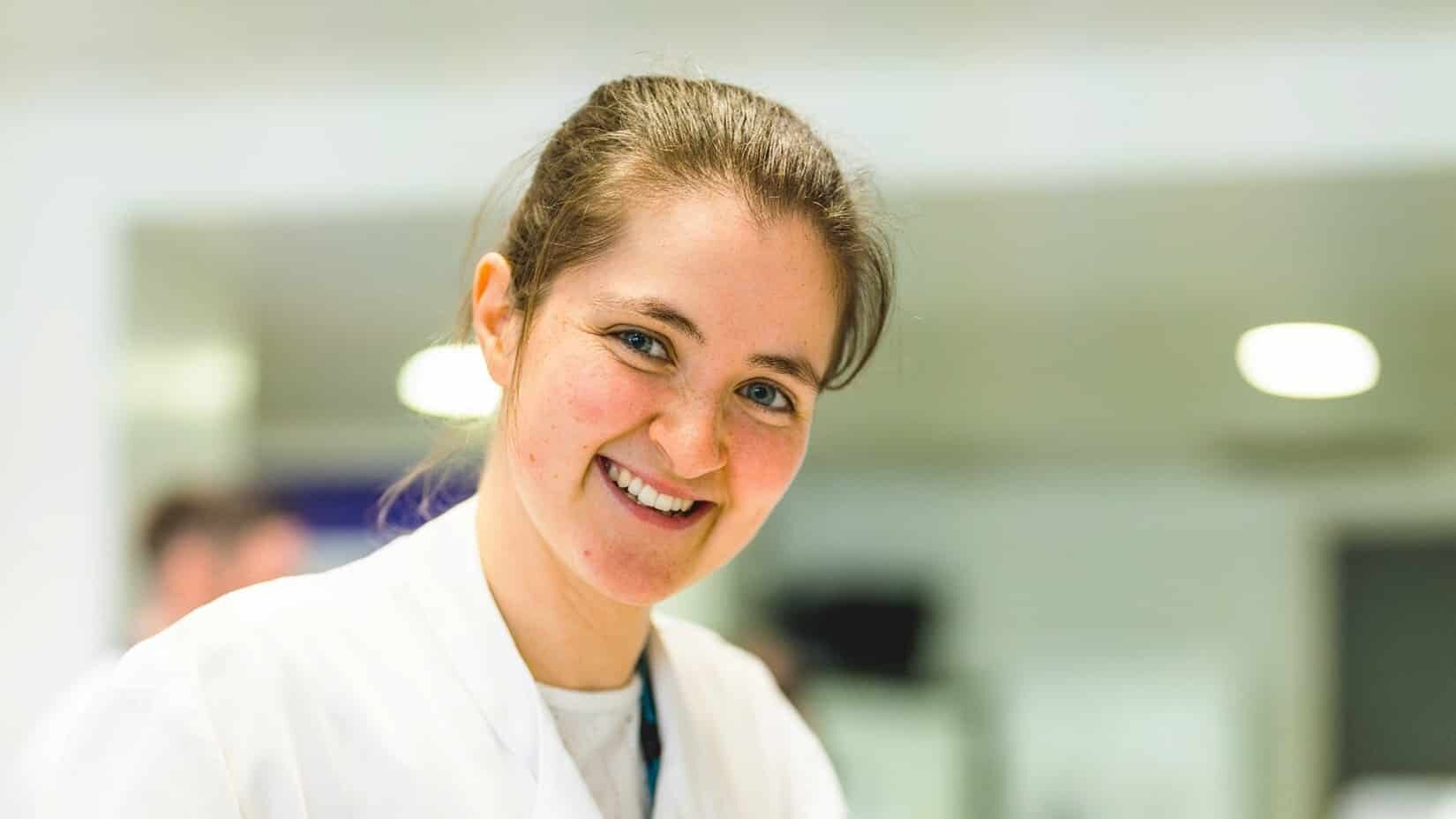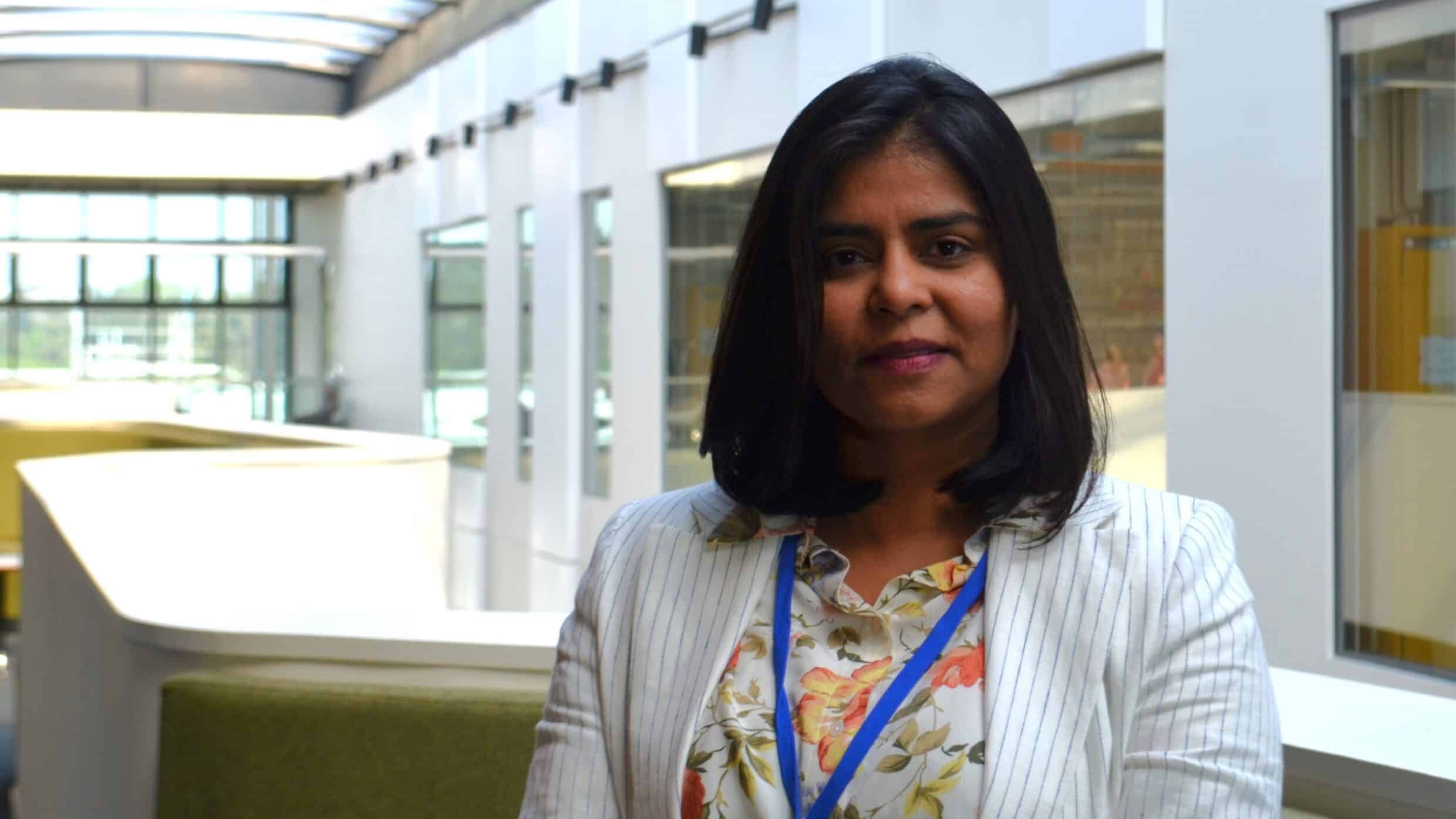< News
Dr Rianne Lord, UEA Lecturer in Inorganic Chemistry, awarded £979K to examine the potential of new targeted cancer treatments
15/10/20
From drug discovery to cancer treatment, two University of East Anglia research projects are set to benefit from a UK Research and Innovation (UKRI) award worth more than £2 million.
Dr Rianne Lord and Dr Matthew Wallace are to receive Future Leaders Fellowships through the UKRI’s flagship scheme, designed to establish the careers of world-class research and innovation leaders across the UK.
The projects are among 101 to benefit from a £109 million investment from the UKRI – all of which tackle major challenges ranging from cancer treatment to space travel and reducing harmful vehicle emissions.
Announcing the successful fellows at today’s Future Leaders Fellowships Conference, Science Minister Amanda Solloway said: “We are committed to building back better through research and innovation, and supporting our science superstars in every corner of the UK.
“By backing these inspirational Future Leaders Fellows, we will ensure that their brilliant ideas can be transferred straight from the lab into vital everyday products and services that will help to change all our lives for the better.”
Dr Rianne Lord, from UEA’s School of Chemistry, has been awarded £979,061 to examine the potential of new targeted cancer treatments.
She said: “The treatment of cancer is a substantial economic burden and can have a detrimental impact on the lives of patients and their families.
“Current cancer treatments, such as chemotherapy, do not distinguish between cancerous and normal cells, and are therefore linked to significant patient side effects.
“This UKRI funded project will focus on the synthesis of cost-effective metal-based drugs and investigate their distribution, accumulation, potential targets and stability within cells.
“New 3D cell culture models, which provide cell environments that are closer in nature to real-life tumours, will also be investigated, enabling the group to identify lead compounds to take towards clinical trials.
“Overall, the cheap and straight-forward drug design, coupled with in-depth ‘tumour-like’ studies, will provide new targeted approaches to the treatment of cancer.”
Dr Matthew Wallace, from UEA’s School of Pharmacy, has been awarded £1,212,495 for a drug discovery project. He will develop new ways of using nuclear magnetic resonance (NMR) to accelerate the discovery of drugs and materials.
He said; “The ability to measure the properties of molecules and materials is fundamental to modern science. NMR can provide the 3D structures of molecules with unparalleled resolution and is one of the most important analytical techniques in the chemical and biological sciences.
“However, two serious drawbacks of conventional NMR are the slow speed of analysis and the very high cost of the equipment. In the development of new drugs or materials, it is often necessary to analyse the systems under different conditions (pH, temperature, salt concentration).
“Such analysis can be used to predict, for example, the solubility and shape of a drug molecule in different environments in the body.
“In this UKRI Fellowship, my team will develop new NMR methodologies that will enable systems to be analysed under a range of conditions in just a single NMR experiment. These methods will provide substantial savings in time, labour and cost compared to conventional approaches, thereby accelerating the development of new systems.
“The work will be carried out in collaboration with partners in the pharmaceutical and scientific software industries,” he added.
Prof Fiona Lettice, Pro-Vice-Chancellor for Research & Innovation at UEA said: “Congratulations to Rianne and Matthew for this achievement. Future Leaders Fellowships provide UEA researchers with freedom and support to drive forward transformative new ideas and the opportunity to learn from peers right across the country.
“This is a fantastic illustration of how the university continues to support and attract talented researchers and innovators, with the potential to deliver change that can be felt across society and the economy.”
UKRI’s initiative aims to support the creation of a new cohort of research and innovation leaders who will have links across different sectors and disciplines. Awardees will each receive between £400,000 and £1.5 million over an initial four years.
The grant supports challenging and novel projects, and the development of the fellow’s career. The funding can also be used to support team members, their development, and pay for equipment and other needs.



